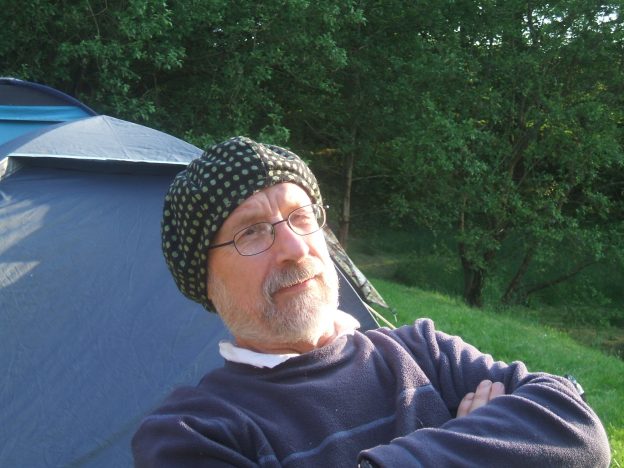Here we have a new piece from Jez, continuing his theme of Being and Doing.
When I began formal training as a listener, I found the models on offer unconvincing. Male, cerebral and rather clumsy, they were supposed to outline the human condition and provide a framework for the listener to work with. Some were very simple, others like Lapworth and Sills too complicated to memorise off the page. I always found them creating a barrier in my mind, I was doing the model, I was doing therapy, I was doing listening. I discovered I didn’t need a “Hierarchy of Needs” to work out when someone was broke, undernourished, insecure, cold, lonely and vulnerable, all I had to do was listen.
However I did discover a source of experience that was to prove invaluable, both for self discovery and for identifying with the client. These were the case studies that did not feature in the curriculum but were pointers and models that could be swallowed rather than memorised and would appear and reappear when needed. These case studies were very similar to the Zen koans and stories of which we all have our favourites, like the monk who carried the lovely young girl across the river and many, many others that act as examples in our practice. Many therapists write whole books of case studies and some become well known: Rogers’ “Gloria”, Yalom’s “Fat Lady”, Thorne’s shared nakedness, all provide a depth of experience and guidance that no academic model can equal.
Stephen Gotz, a psychoanalyst (we will forgive him that!) provided one such in an essay called “When anger can keep us from sadness”. He was asked as a last resort to work with a young lad who failed every attempt to help him. Gotz found every question was answered with the angry lad spitting at him. Many meetings passed with no change so Gotz, in desperation, went to see a fellow therapist with a lifetime of working with difficult kids. Instead of offering some advice, she suggested Gotz examined his own role in the drama. Gotz realised that both of them were as angry as each other. So when Gotz asked the lad what he really wanted, instead of spitting the lad said “I just want someone to admit my mind is broken, it doesn’t work like other people’s.” And the spitting stopped.
This lad was nine years old, the same age I realised my mind too was broken. No matter what I did, it always felt broken and never performed the way I and society wanted it to. It was never allowed to be as it was and so my separation began and my suffering continued. I wonder how many other folk have the same experience? On one level the battle remains, on another I can allow it to be as it is. This is how I work with my clients, I allow them to be. This is the great challenge.
And, if you allow me to be broken, then I will stop spitting at you.

